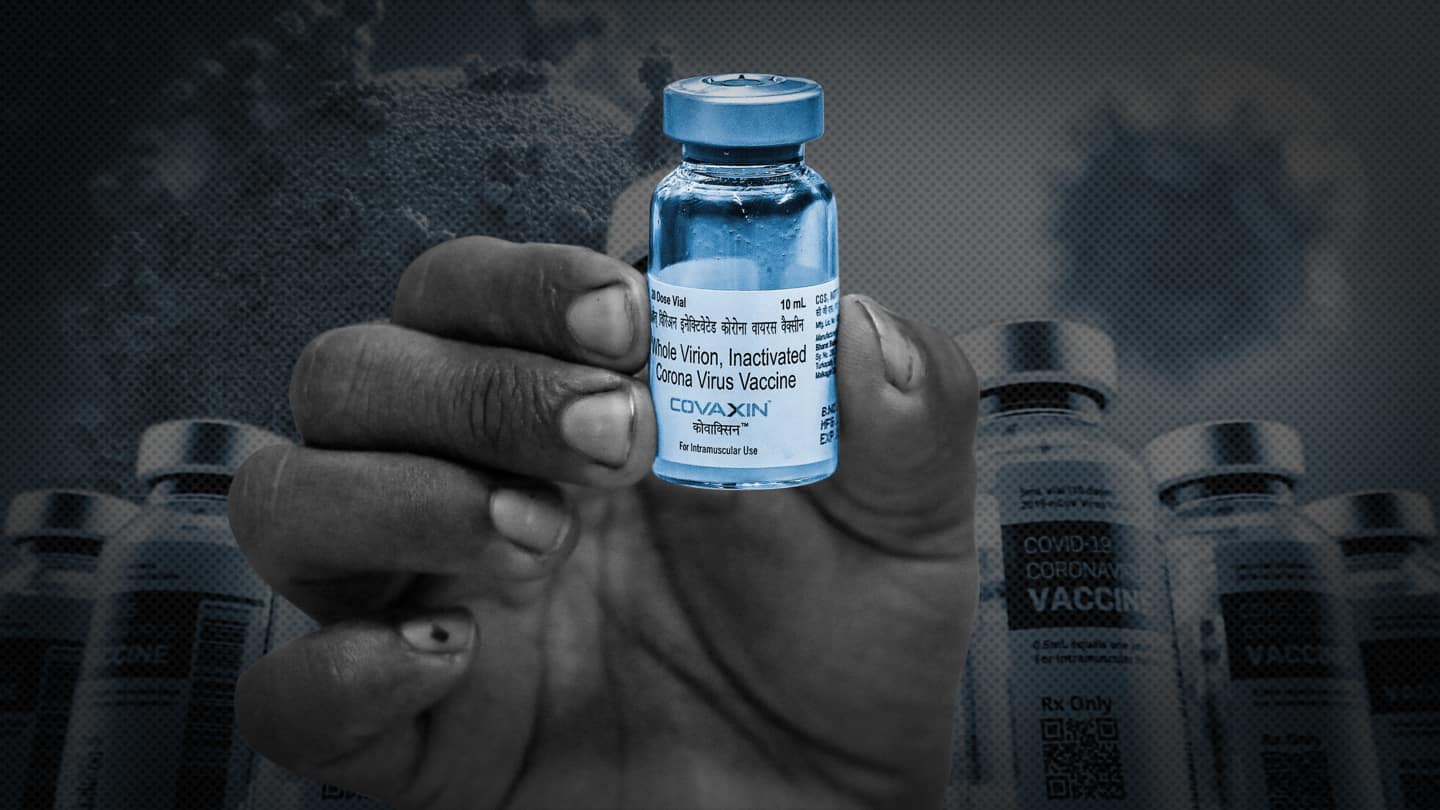
No approval for COVAXIN yet as WHO seeks more data
What's the story
The World Health Organization (WHO) has once again postponed granting emergency approval to COVAXIN, India's indigenous vaccine against the coronavirus.
The global health body has sought more technical data from Bharat Biotech to conduct a final "risk-benefit assessment."
The technical advisory group of WHO will now meet on November 3 for a final assessment.
Here are more details on this.
Context
Why does it matter?
A WHO approval for COVAXIN will help the vaccine gain wider acceptance around the world.
It will allow Bharat Biotech to start widely exporting the vaccine and let people fully vaccinated with the jab travel abroad without facing restrictions.
Notably, many Indians, especially students who received this vaccine, have been facing issues in traveling abroad.
Process
Bharat Biotech had filed request in April
Bharat Biotech had submitted the request for WHO's Emergency Use Listing (EUL) on April 19, meaning the process has already taken over six months.
Earlier this month, the Strategic Advisory Group of Expert on Immunization (SAGE) had held a meeting to discuss COVAXIN's approval.
In June, the United States Food and Drug Administration (FDA) had also rejected its application for an emergency use approval.
Vaccine
Over 11 crore COVAXIN doses administered
COVAXIN was India's first approved indigenous coronavirus vaccine and has been found nearly 78% effective.
It has been developed by Bharat Biotech in collaboration with the Indian Council of Medical Research's (ICMR) National Institute of Virology (NIV).
As of October 25, around 11.70 crore doses of COVAXIN have been administered to the eligible population across India.
WHO
7 vaccines approved by WHO
WHO has so far given its EUL to seven COVID-19 vaccines.
They are the Pfizer-BioNTech vaccine, the Johnson and Johnson (J&J) vaccine, two versions of the Oxford-AstraZeneca vaccine, Moderna's shot, and China's Sinopharm and Sinovac vaccines.
The EUL is a risk-based procedure that considers vaccines for assessment and listing. The process also includes therapeutics and in-vitro diagnostics.